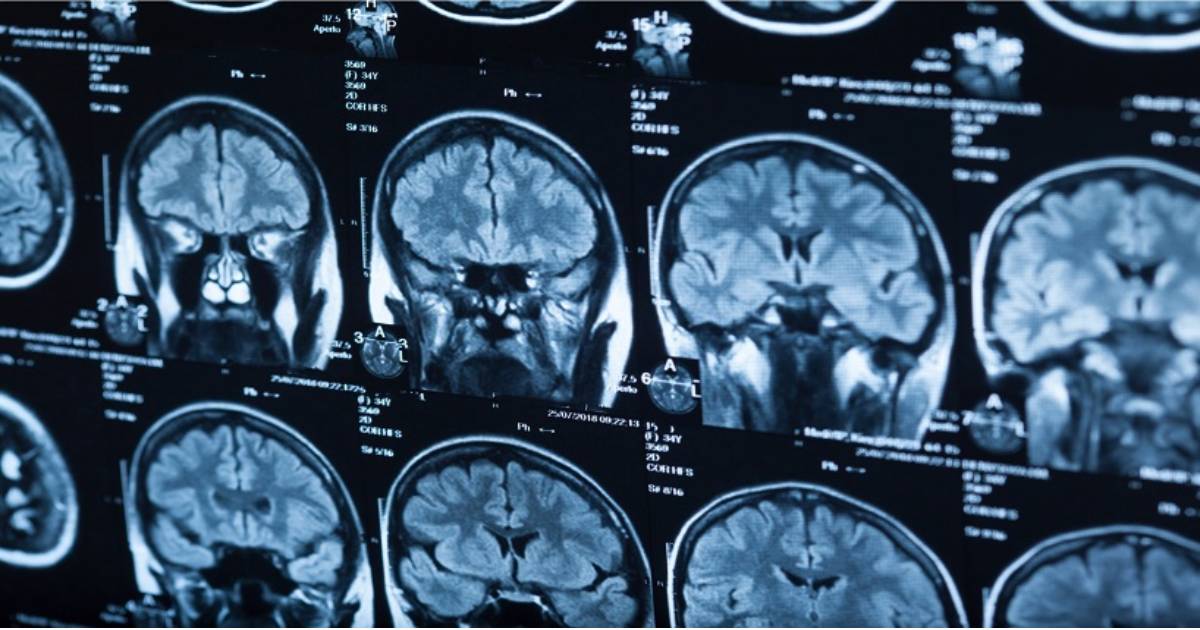Back
How is Newcastle University targeting medulloblastoma?
30 November 2021 | By: Newcastle University | 2 min read
Newcastle University scientists are working on developing effective treatment of medulloblastoma, a high-grade brain tumour in children. Find out more from Professor Steve Clifford.
What is medulloblastoma?
High-risk paediatric brain tumours are the leading cause of childhood cancer death. Medulloblastoma (MB) is the most common high-grade brain tumour in children, with around 30% of childhood sufferers dying.
There have been many advances in the treatment of common childhood brain tumours. Nonetheless, current treatments still fail in a proportion of cases.
Many children who survive these tumours are often left with severe, life-limiting disabilities. These are a result of the tumour and the aggressive treatments needed to save their lives.
What is the INSTINCT-MB project?
INSTINCT-MB is a new landmark research project, led by Professor Steve Clifford from the Newcastle University Centre for Cancer. The aim of the project is to develop better and more effective treatments for medulloblastoma.
Children with Cancer UK, alongside Blue Skye Thinking and Little Hero, are funding the INSTINCT-MB programme. This partnership strengthens collaboration across the childhood cancer community. It is a strategic commitment to invest in brain tumour research and tackle diseases that still carry a devastating prognosis.
"We urgently need all-new treatment approaches for childhood cancer types with the poorest prognosis. We aim to bring about a step-change in the treatment and outlook for patients."Professor Steve Clifford
The research will also be supported by the INSTINCT research network, with the UCL Institute of Child Health and The Institute of Cancer Research.
The MYC-amplified Group 3 medulloblastoma
One of the biggest challenges in fighting childhood cancer is the Group 3 medulloblastoma, driven by the presence of a gene called MYC. This tumour group occurs almost exclusively in young children and is essentially incurable.
Advances in standard tumour treatments such as chemotherapy and radiotherapy have helped to improve the overall levels of survival. However, these are not specific to tumour subtypes, and are not effective against MYC-Group 3 tumours.
This type of tumour often has upregulated copies of the MYC gene. This gene triggers rapid disease growth and often results in treatment failure. Fewer than 5% of children survive this disease.
New therapies needed for treating Group 3 medulloblastomas
We urgently need new therapies to improve the outlook for children with high-risk medulloblastoma.
INSTINCT-MB researchers have identified potential new drugs to target the MYC gene and have also pioneered promising new CAR-T cell immunotherapies. The CAR-T cell therapy reprograms a child’s immune cells to identify and attack cancer, without damaging healthy cells. These targeted therapies create an opportunity to eliminate the Group 3 tumours.
The goal with new treatments for Group 3 medulloblastoma is to increase survival and cause less damage to surrounding healthy cells, greatly reducing long-term side effects.
Children and young people facing this devastating disease in years to come will be given hope of a healthy future.
Find out more
The charities co-funding the INSTINCT-MB project
Children with Cancer UK has a long-standing commitment to funding brain tumour research. It aims to accelerate scientific discoveries to clinical translation of new treatments and better outcomes for children. Since 2013, the charity has funded almost £1.5 million towards the original INSTINCT programme led by Professor Clifford.
Both Blue Skye Thinking and Little Hero were founded by families in the memory of their lost sons in their battle against medulloblastoma.
Professor Steve Clifford
Professor Steve Clifford is the Director of Newcastle University Centre for Cancer. He is also a Professor of Molecular Paediatric Oncology.
Professor Clifford co-leads the University's Childhood Brain Tumour Research team. He has major interests in understanding the biological basis of embryonal brain tumour development (principally medulloblastoma, ATRT and other embryonal tumours), and translating these findings into improved clinical treatments.
Centre for Cancer
The Newcastle University Centre for Cancer has an impact upon oncology research and practice worldwide.
We work right across the cancer research pathway, with strengths ranging from cell biology and clinical trials to healthcare research and cancer research training. Our goal is to undertake world-leading discovery research, and to translate that research into the next wave of clinical advances.
2022 marks 40 years of Newcastle University's fight for people with cancer. Find out what we've achieved and help us save more lives.
2022 marks 40 years of Newcastle University's fight for people with cancer. Find out what we've achieved and help us save more lives.
